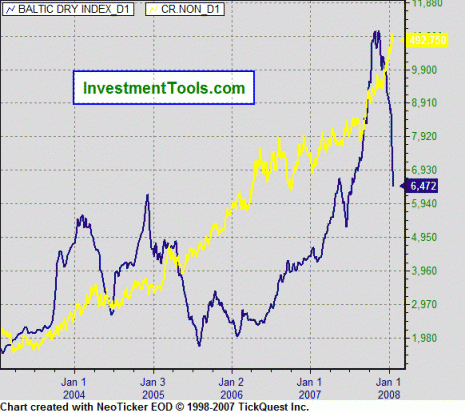Biofuels – the true story
Some time ago I wrote on my blog that according to study by Nobel-winning chemist Paul Crutzen biofuels emit even 70 percent more greenhouse gases than fossil fuels. See reference to his report in Spiegel online.
Another question is whether rich European would feel morally OK, when they drive more cheaply on biofuels, and at the same time millions of poor people in the Third World will be starved to death , because they will not have enough money to buy more expensive food.
EU Observer reports today, that the European Commission own scientific institute the Joint Research Centre questions whether the cost of biofuels use is worth the benefits, saying biofuels ultimately might not help fight climate change at all. A quote:
“The uncertainty is too great to say whether the EU ten per cent biofuel target will save greenhouse gas”.
FT has a front page story on this issue.
The issue is very complicated as described by the recent report by UK Royal Society. One has to take into account the full production chain, side effects, price effects, take long term perspective.
If these research results are confirmed it may lead to a prolonged rise of food prices and agflation may become a structural, long-term problem (more biofuels, worse climate, more disasters, less output, need for even more area to produce biofules, less food output, …a truly vicious circle). It may take few years before world supply adjusts to new prices. For example in Europe despite EC decission to allow usage of 10% more land for farming production only 2% was used.
Another issue is countries’ attempt to hoard food, for example an increase in export taxes, which may reduce the volume of food trade and worsen the agflation problem. In this context it is interesting to see the Baltic Dry Cargo index biggest one day drop in the history (it seems to be related to steel and coal rather than food). See chart below (dry cargo index and CRB index, the latter shows commodities prices).
